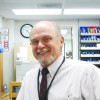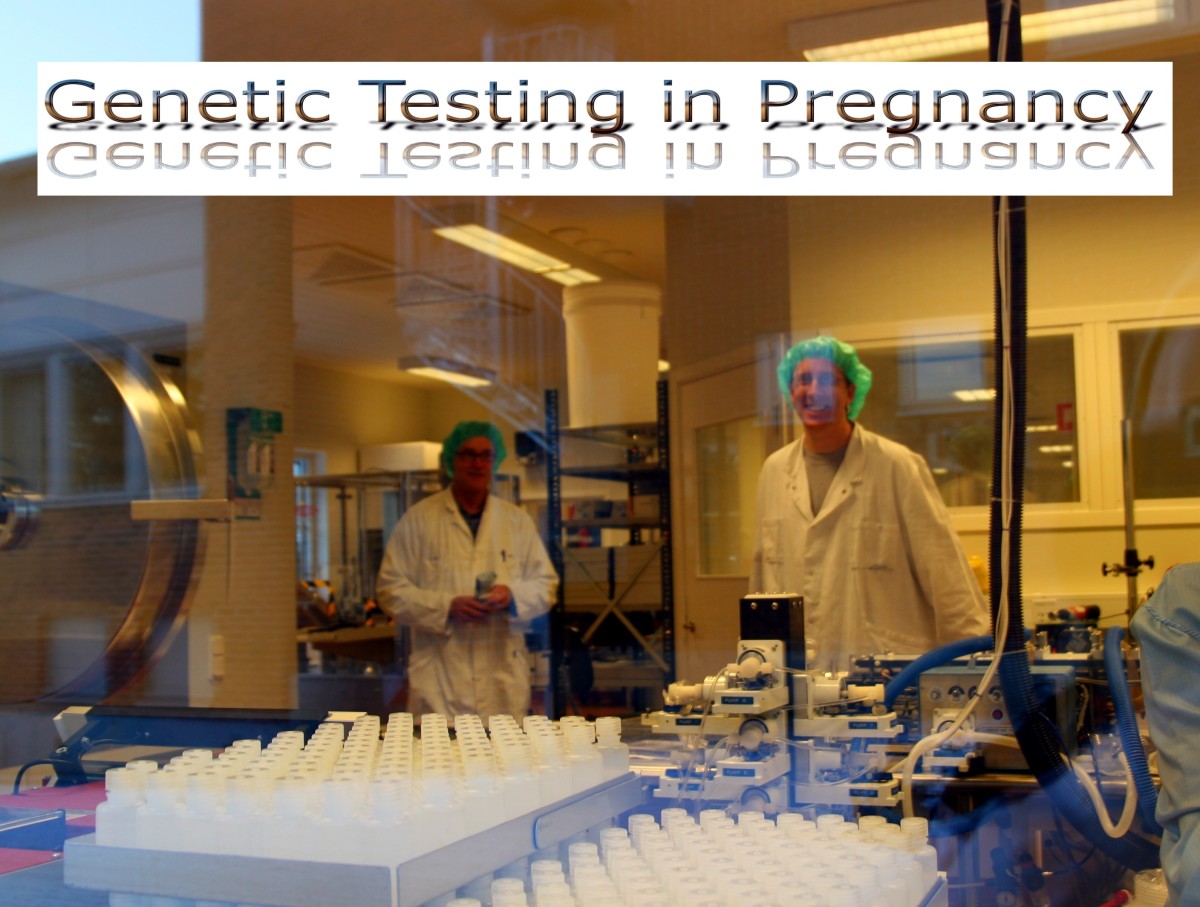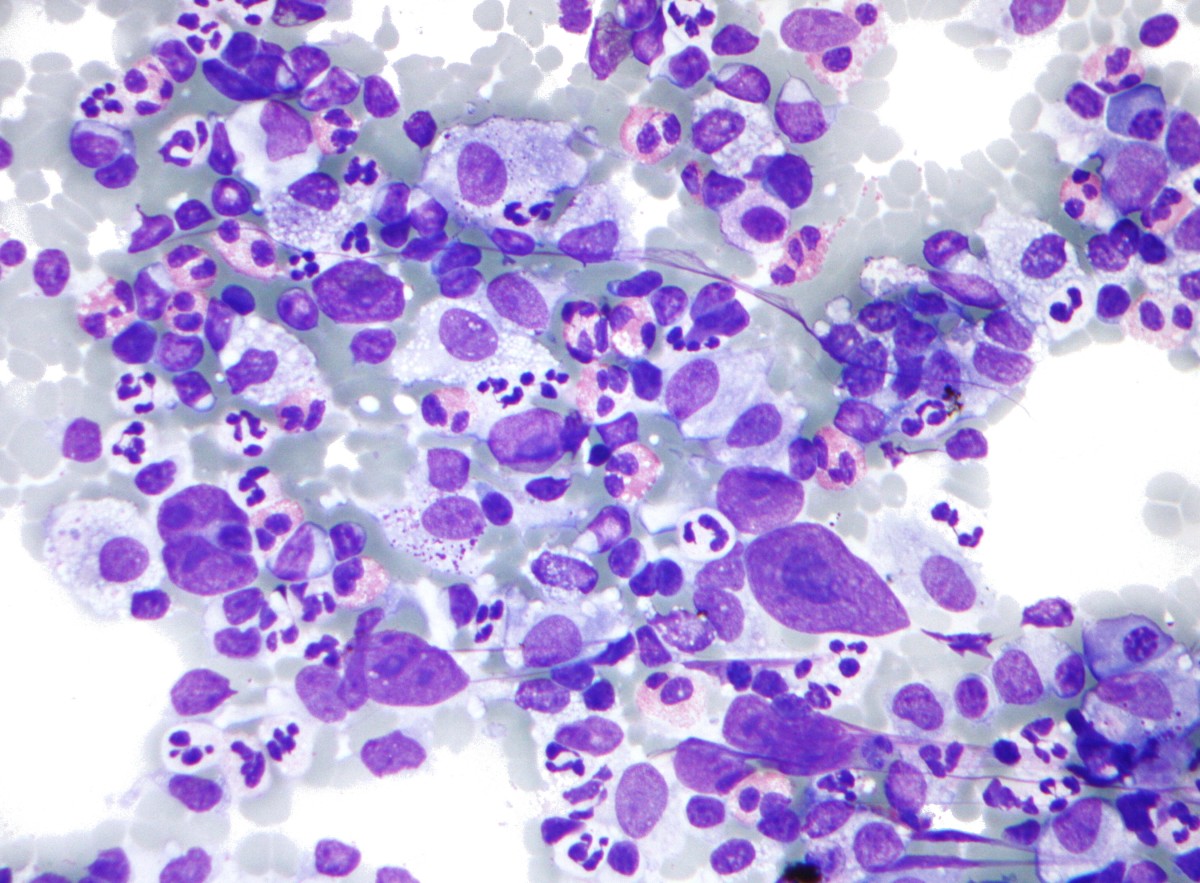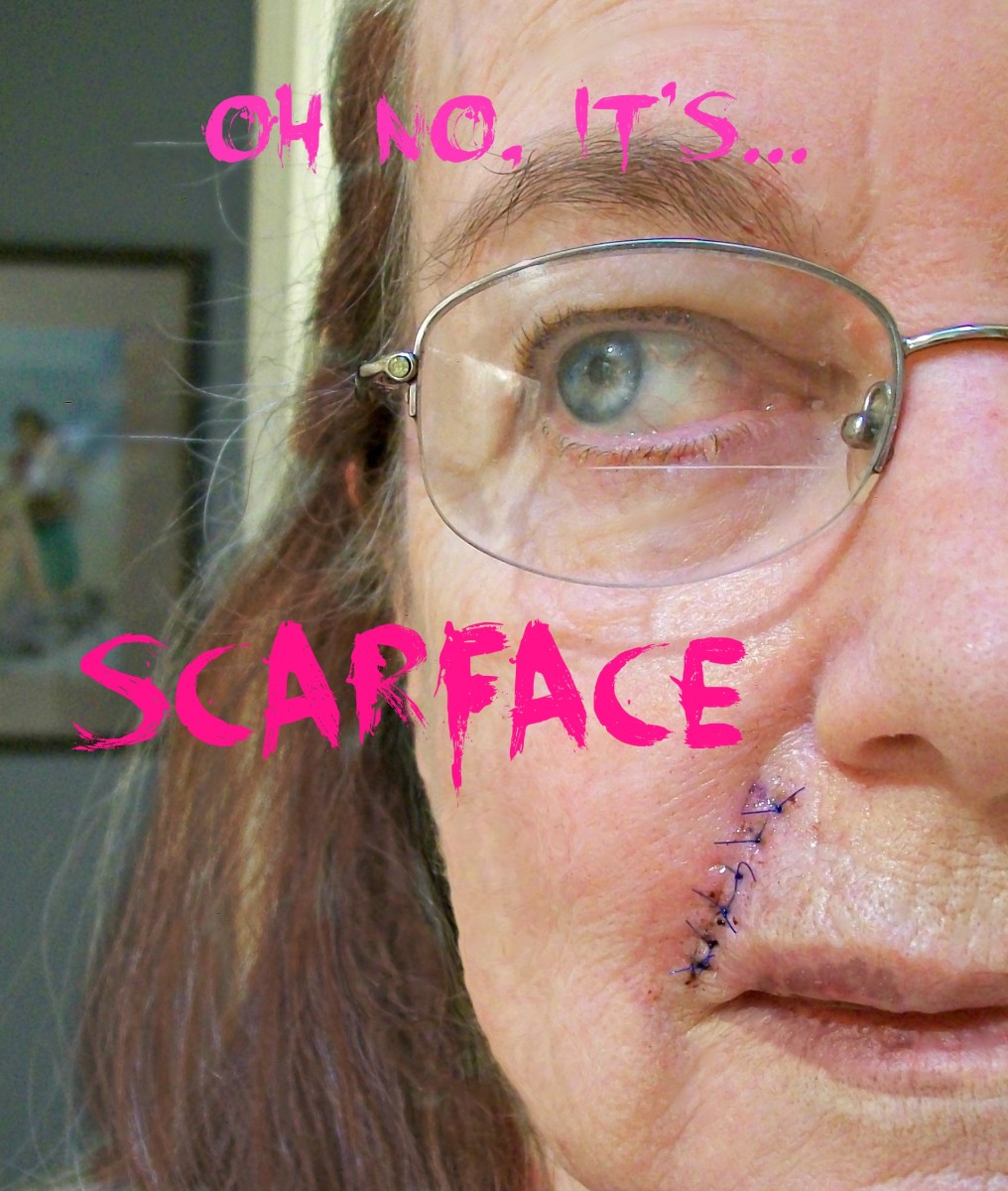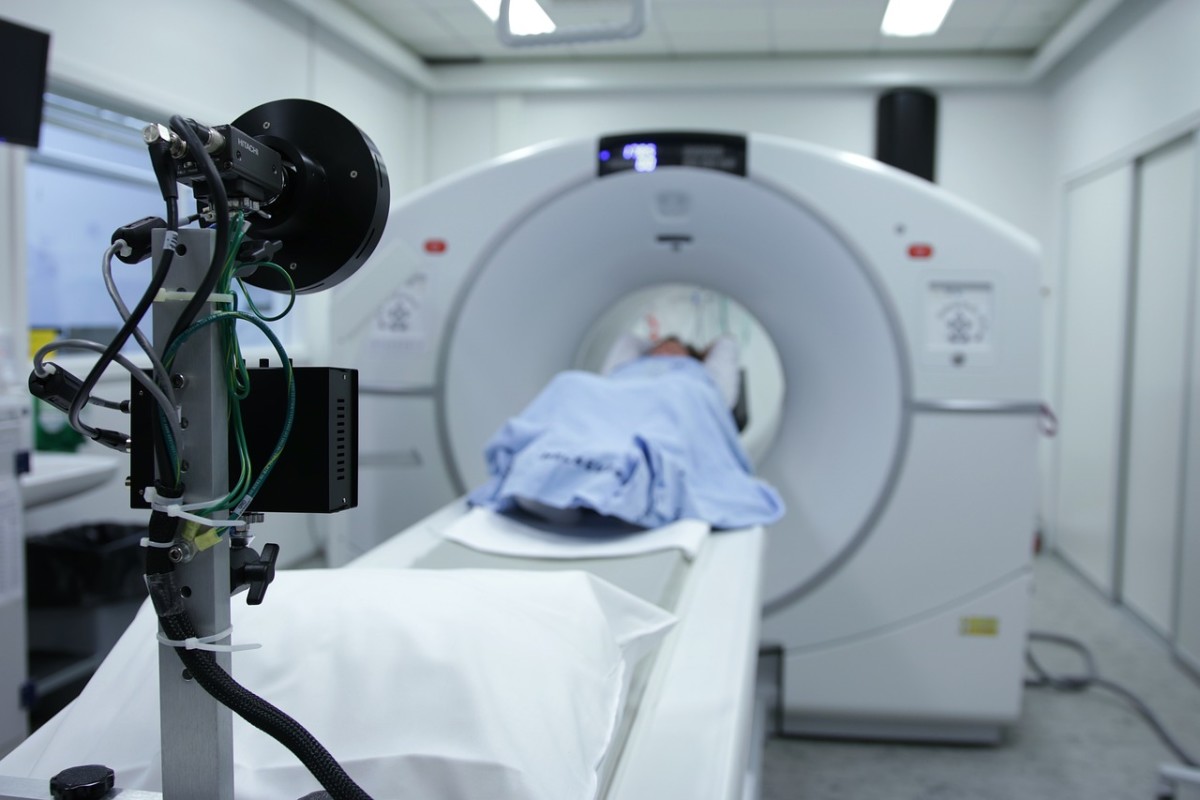I had my colon cancer screening today! Now it is your turn.
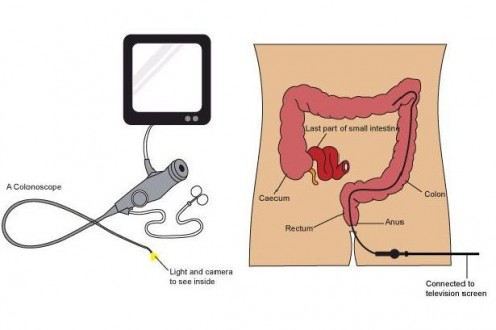
I’m going in for a colonoscopy today. I don’t have any symptoms or problems that I am aware of.
My mother had colorectal cancer so I have to be careful, since it has already occurred in my family.
Colon and Rectal Cancer
Beginning at age 50, both men and women at average risk for developing colorectal cancer should use one of the screening tests below. The tests that are designed to find both early cancer and polyps are preferred if these tests are available to you and you are willing to have one of these more invasive tests. Talk to your doctor about which test is best for you.
Tests that find polyps and cancer
- Flexible sigmoidoscopy every 5 years*
- Colonoscopy every 10 years
- Double contrast barium enema every 5 years*
- CT colonography (virtual colonoscopy) every 5 years*
Tests that mainly find cancer
- Fecal occult blood test (FOBT) every year*, **
- Fecal immunochemical test (FIT) every year*, **
- Stool DNA test (sDNA), interval uncertain*
*Colonoscopy should be done if test results are positive.
**For FOBT or FIT used as a screening test, the take-home multiple sample method should be used. A FOBT or FIT done during a digital rectal exam in the doctor's office is not adequate for screening.
People should talk to their doctor about starting colorectal cancer screening earlier and/or being screened more often if they have any of the following colorectal cancer risk factors:
- A personal history of colorectal cancer or adenomatous polyps
- A personal history of chronic inflammatory bowel disease (Crohns disease or ulcerative colitis)
- A strong family history of colorectal cancer or polyps (cancer or polyps in a first-degree relative [parent, sibling, or child] younger than 60 or in 2 or more first-degree relatives of any age)
- A known family history of hereditary colorectal cancer syndromes such as familial adenomatous polyposis (FAP) or hereditary non-polyposis colon cancer (HNPCC)
I hope this article, and my willingness to be screened, will help you to make the possibly life saving decision to get yourself screened soon.
I have the results of my colonoscopy. I had one non-cancerous polyp removed.
That polyp could have caused cancer down the road if it had been left there.
My story has a happy ending.
Now it’s your turn.
Bob Diamond R.Ph
http://www.bobthepharmacist.com/
* The American Cancer Society was the source for most of the information in this article.
